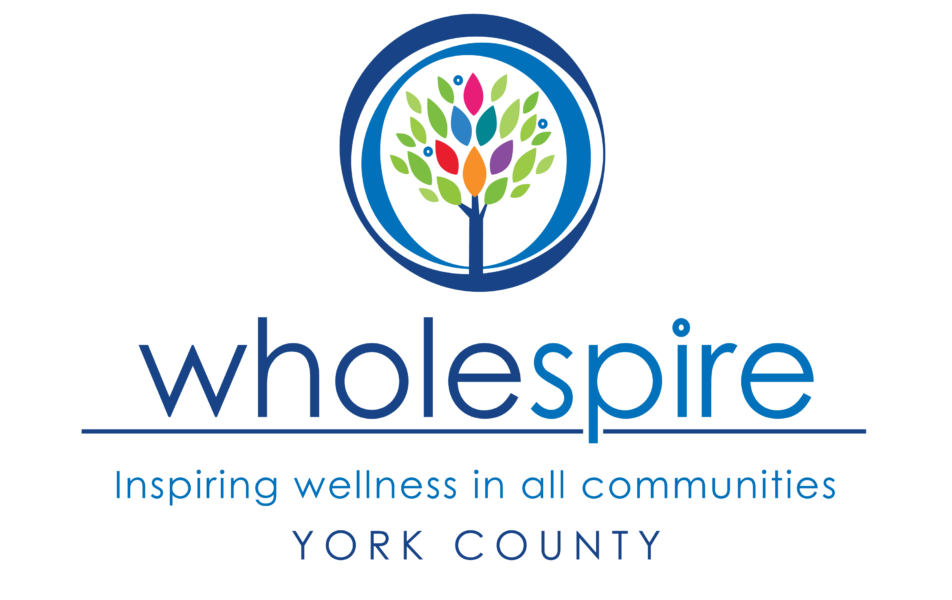Thanks to a grant provided by the Foundation for Fort Mill Schools,FortMillElementary Schoolwas able to create a wonderful learningopportunity for students. In addition to the connection to the science and math standards, an additional, underlying desire was for students to learn that they can help their families survive by growing their own food. Not much land was required—only a small plot—plus some good soil and a little physical work.
The 3 FMES garden plots each measured 4’ X 6’. Wooden ties were wrapped in black plastic, and the hard ground surface was tilled slightly to allow plant roots to go deeper into the soil. The plots were filled with some good soil that required little conditioning, and a variety of plants were planted by students. The spring garden included 5 varieties of tomatoes, including low-acid yellow tomatoes, yellow squash, okra, cantaloupes, bell peppers, and green beans. Some herbs were planted as well, including basil, thyme, dill, rosemary, and others. A few flowers were strategically planted to draw bees to the garden for pollination purposes.
Students in Mrs. Bryant’s second-grade class tended the first garden. They planted the plants, watered them, removed weeds, watched for pests, etc. As the plants grew, so grew the excitement of the students. Near the end of the school year, Miss Tessea, our school’s cafeteria manager, fried some squash and provided a tasting event for the students in the class.
Due to a late planting of the school’s first garden, the garden’s yield continued well into the summer months. In response to the need for ongoing care of the garden, families signed up for a week’s stint to care for the garden during the summer months. The incentive was that the families could reap the harvest of any vegetables that were ready for picking during their week of garden tending. As a result, the garden was tended through early August, and these families were able to show their children the bounty that was yielded in these small, productive plots.
During the growing season, while school was still in session, many classes were able to capitalize on the benefits of the garden. Teachers required students to use their observational skills in many ways. Students applied their math skills by conducting measurements of the growth of various plants. Height and width measurements were taken and graphs were created with the data collected. Science concepts were addressed, since plant life is a major area of study in several grades. Readingand research skills were practiced as students attempted to identify pests that visited the garden and how the gardeners should address such problems. Students were able to view the blooms the plants displayed. They were able to watch the growth rates of the plants and quickly learned that some plants need to be placed at strategic places within the garden to allow for the spread that some plants need (squash, cantaloupes, etc.). Students learned that they have to provide support for some plants, as well.
Another important aspect that students gained was an increase in their knowledge about the nutritional value of these vegetables. As we progress with our garden concept, it is our hope that students will try a wide variety of vegetables and learn to add these to their daily diets. As most adults know, “You are what you eat!” Learning at a young age to make food choices that promote health can make a major difference in the quality of their health and the duration of their lives. And, excitedly, the learning goes on and on and on…
In the fall, several classes joined together to plant a fall garden. Frost-resistant plants were found that would allow them to grow on into the cooler months of the fall season. Students planted broccoli, lettuce, red cabbage, green cabbage, and some greens, as well. Students again planted a few varieties of herbs amid some flowering plants. Unfortunately, the extreme cold that we experienced took its toll on these plants. That, too, became a learning experience for the students.
FMES will once again give students the opportunity to plant a spring garden this year. New learning is expected to continue and greater yield is expected as we all learn together about the ability to “live off the land” and to maximize our yield. We hope to go more organic over time. Watching students take ownership of their garden is inspiring, and their pride swells as their plants grow and produce a harvest of food.
We appreciate the assistance we received from the Foundation for Fort Mill Schools, the information that was shared by Lisa Shirk in the early stages of the garden set up, the actual planting assistance provided to students by Butch Martin, and the willingness of our teachers to provide our students with a hands-on learning experience that could affect students in a positive way for the rest of their lives.
